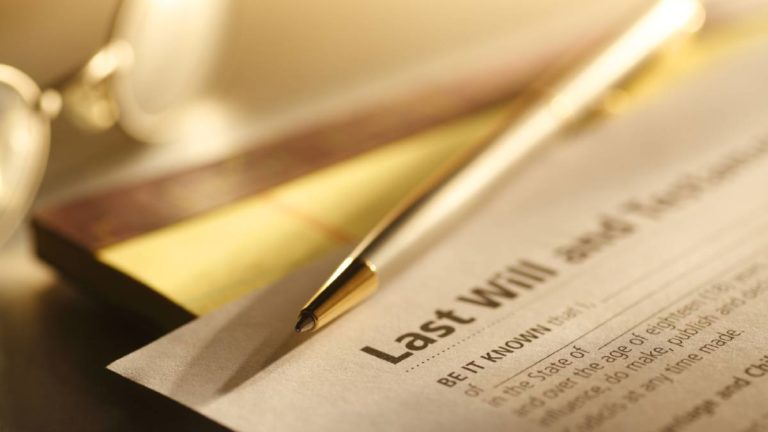Book an appointment directly here
When someone passes away, it is not uncommon for those close to them to question their share, or lack thereof, in the deceased’s estate or have some reservations as to the validity of the will.
In NSW, a will can be contested after the person who made the will passes away. Typically, an estate is contested when:
- A family member of the deceased believes that they have not been adequately provided for as part of the will; or
- There is a belief that the will may not be valid.
If someone does make a formal contest to a will or makes a claim to an estate, the estates assets cannot be distributed until the claim is resolved.
FAMILY PROVISION CLAIMS
In NSW, a family provision claim is an application to the Supreme Court of NSW for a share or larger share in the estate of a deceased person. Unless an extension is granted, a claim must be made within 12 months of the deceased’s date of death.
The law governing family provision claims in NSW provides that only specific people are eligible to make a claim. Those eligible to make a claim include:
- The Spouse (or former Spouse) of the deceased;
- The de facto partner of the deceased at their date of death; and
- A child of the deceased.
In determining each claim, the Court may consider a variety of things including whether any provision has already been made for the claimant, the claimants financial position and whether the deceased had any obligation or responsibility towards the claimant.
For more information about Family Provision Claims, read our article about when you can make a claim against a deceased estate here.
INVALID WILL
In NSW, only interested parties in a deceased’s estate, such as someone named in the will or someone who would have benefited from a previous will, can challenge the validity of will. The challenger to the will bears the onus of proving that the will is invalid.
A will may be invalid where:
- It was not created in a way which meets the legal requirements of a will;
- The person making the will lacked the testamentary capacity required to make a will; and
- Where a will was procured through fraud, forgery or undue influence.
Where the Court finds a will to be invalid, it will make an order as to what should happen to the deceased’s estate.
It is not uncommon for people feel as though they have not been adequately provided for in a will, or believe a will to be invalid. At Eleven Legal, our lawyers have experience in dealing with will disputes and contested estates. Contact the team at Eleven Legal today!
